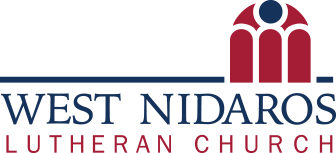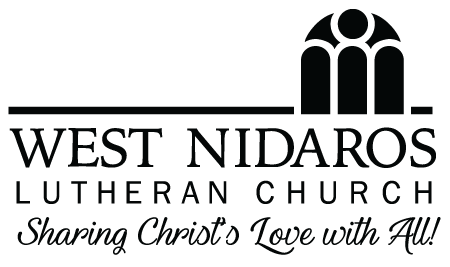“Joy to the World”
Joy to the World is more than a song around Christmas. It is sung locally, regionally & globally in many different languages. It has been sung by young and old, generation to generation, making memories in the process to share for eternity; truly a Joy to the World! –Tony Lee
Joy to the World is an English Christmas carol written in 1719 by the English minister and hymn writer Isaac Watts. The carol is based on an interpretation of Psalm 98, Psalm 96 (verses 11 and 12), and Genesis 3:17-18). Psalm 98:4 reads: “Make a joyful noise unto the LORD, all the earth: make a loud noise, and rejoice, and sing praise.” King David and Watts had the same idea—that all of the earth should make a joyful noise unto the Lord. That means all voices can sing praises—the song is reserved not only for those who have received awards for their melodious voices. It is for "all the earth."
Joy to the World, initially not written to be a Christmas song, but a song to celebrate the second coming of Christ. Isaac Watts had intended the song to be sung year round and not just during Advent and Christmas. While there is no historical reference explaining why Joy to the World has evolved into a Christmas song, it is easy to understand as you listen to it. This song uses the positive and uplifting message about the return of Christ.
The tune was originally thought to have been written by George Frederick Handel, as some parts of the song are similar to Handel's The Messiah, however there is little proof this is true. Many scholars believe the tune was actually written by American composer, Lowell Mason in 1839, and that Mason may have "borrowed" notes from Handel's, The Messiah to compose Joy to the World.
Since the 20th century, "Joy to the World" has been the most-published Christmas hymn in North America.
THE AUTHOR
Isaac Watts, born in Southampton, Hampshire, England on July 17, 1674 was the son of a schoolmaster. He began the study of Latin at the age of four, and was writing respectable verses at the age of seven. At the age of sixteen, he went to London to study in the Academy of the Rev. Thomas Rowe, an Independent minister. In 1698, he became assistant minister of the Independent Church and became pastor in 1702. In 1712, he accepted an invitation to visit Sir Thomas Abney, at his residence of Abney Park, and at Sir Thomas' request, lived there for the remainder of his life. Watts died November 25, 1748, leaving an extensive legacy of hymns, treatises, educational works, and essays.
The number of Watts' publications is very large. His collected works, first published in 1720, includes sermons, poems and hymns. The first hymn he is said to have composed for religious worship, is "Behold the Glories of the Lamb," written at the age of twenty. Some of his hymns were written specifically to be sung after his sermons, giving expression to the meaning of the text upon which he had preached, with some of the most familiar hymns being "When I Survey the Wondrous Cross" and "Our God, Our Help in Ages Past". Remembered as the "Godfather of English Hymnody”, he is credited with writing over 800 hymns, many that remain in use today and have been translated into numerous languages.


